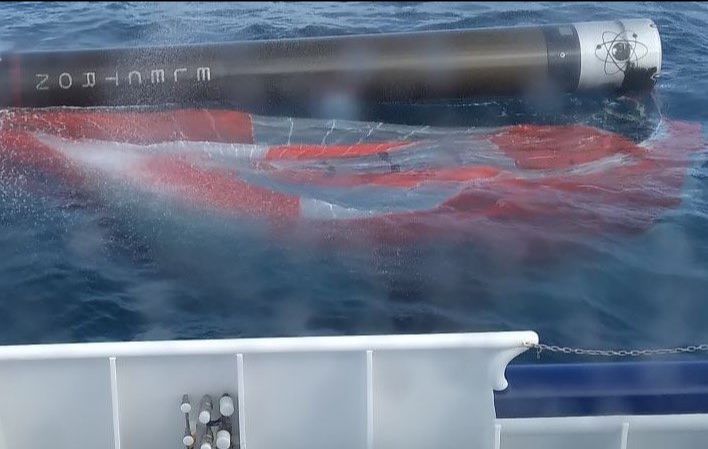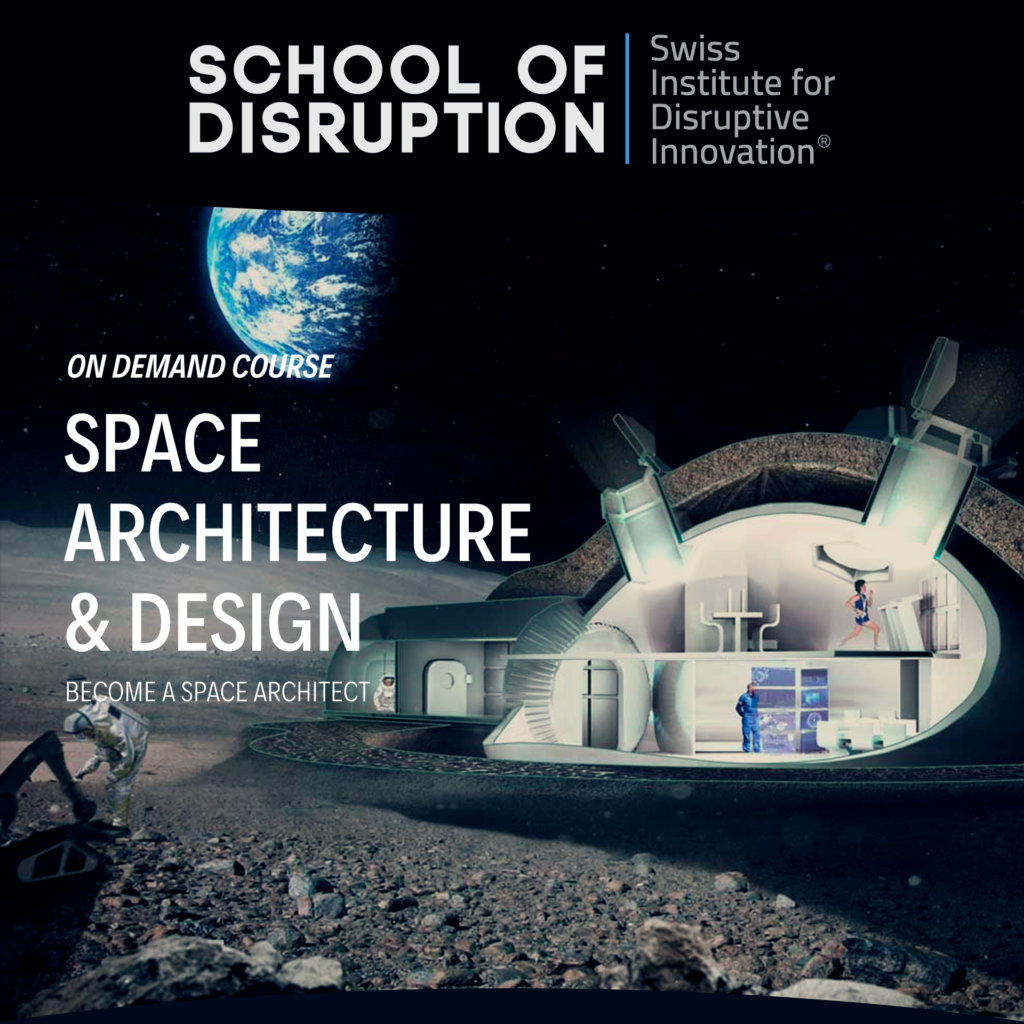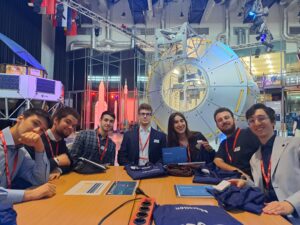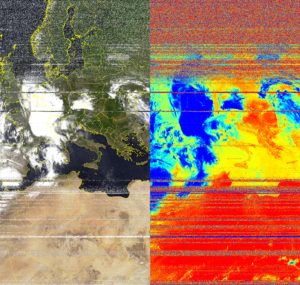
Rocket Lab successfully recovered the first stage of its space vector, Electron, during the mission “Return to Sender”.
The rocket lifted off last Friday morning (3 a.m. CET) from New Zealand’s Māhia Peninsula base and managed to deploy 30 satellites in a circular orbit about 500 km above Earth.
After pushing the second stage out of the atmosphere, the booster started a controlled free fall towards our planet that ended with a parachute-aided splashdown in the Pacific Ocean. Then, after almost two hours from lift-off, the recovery crew caught the first stage out of the water.
This was the first attempt to partially recover Electron: its success enables Rocket Lab’s engineers to study their booster’s conditions after the mission. Moreover, this is an important milestone for Rocket Lab’s attempt to reusability: the company will, indeed, try to recover the booster in the air, using a helicopter that will catch first stage’s parachute.






